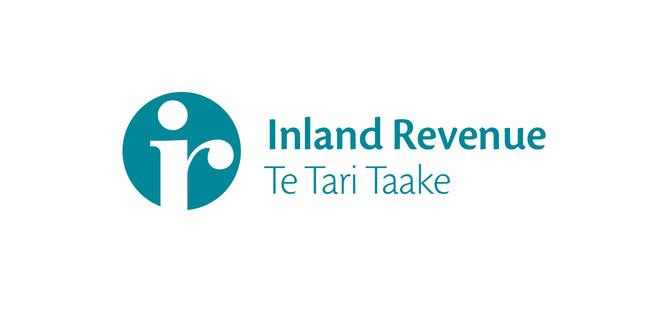Redundancy payments and retirement allowances are taxable income. When your employer pays you, they’ll deduct tax and you’ll get the after-tax amount in your hand.
How much tax?
Your employer will estimate your income for the year including your redundancy payment or retirement allowance. They will then deduct tax from the payment or allowance at your top tax rate. Once IRD know your actual income for the year, they’ll work out if you have any end-of-year tax to pay, or if you’ll get a refund. You do not pay ACC earners’ levy on redundancy payments or retirement allowances.
KiwiSaver: retirement allowances
Your employer will deduct your KiwiSaver contributions from any retirement allowance you receive. Your employer will also make employer contributions (if you’re eligible).
KiwiSaver: redundancy payments
Your employer won’t deduct KiwiSaver contributions from redundancy payments or make any employer contributions.
Student loans
If you have a student loan, your employer will deduct student loan repayments from any redundancy payment or retirement allowance you receive.
Child support (paying parents)
If you pay child support, your employer will deduct child support from any redundancy payment or retirement allowance you receive. Your redundancy payment or retirement allowance won’t change the amount of child support you need to pay. That’s because we base your child support on your previous year’s income. But we will include your redundancy payment or retirement allowance as income in your next year’s child support assessment. However, if your income in the next year drops by 15% or more, you can ask us to reduce your child support payments. Go to your child support account in myIR and select ‘Child support change of circumstances’. If you have overdue child support, you may like to consider using part of your redundancy payment or retirement allowance to repay the amount owing.
Working for Families
Is your Working for Families entitlement paid weekly or fortnightly? If you get a redundancy payment or retirement allowance, your Working for Families payments will likely change. They could drop ─ or even stop ─ for the rest of the tax year (1 April to 31 March). That’s because your entitlement amount is based on your estimated annual family income. Once we know your actual family income for the year, IRD will work out if we overpaid or underpaid you.
Are you on the right tax code (employees)?
Have you started another job since you got your redundancy payment or retirement allowance? Please make sure you’re on the right tax code. If you’re unsure, go to ird.govt.nz/tax-codesindividuals You’ll find an online tool to help you work out what tax code to use. The right tax code helps ensure you pay the right tax during the year and avoid a big tax bill at the end of the year.
Is a tailored tax option right for you?
A redundancy payment or retirement allowance may push you into a higher-than-normal tax bracket for that year. In that case, a ‘standard’ tax code may not have deducted enough tax from your salary or wage earlier in the year. Did you know you can apply for a tailored tax code? Using this code means you’ll have extra tax taken from your salary or wage for the rest of the current tax year. The tailored tax code takes into account your redundancy payment or retirement allowance and may prevent a surprise bill at the end of the year. Go to ird.govt.nz/apply-for-tailored-tax-code
All the ways you can contact IRD
myIR - You can send us a message in myIR. It will save you time because we’ll already have your details handy.
Phone - Personal customers: 0800 775 247 / Business customers: 0800 377 774
Come and see us - We have offices right across New Zealand: ird.govt.nz/contactus/our-customer-sites
Let IRD come to you - Ask for an advisory visit from a Community Compliance Officer or a Kaitakawaenga Māori: ird.govt.nz/contactus/business-advisory-socialpolicy
More choices - To see all the ways you can get in touch with IRD, go to ird.govt.nz/contactus




